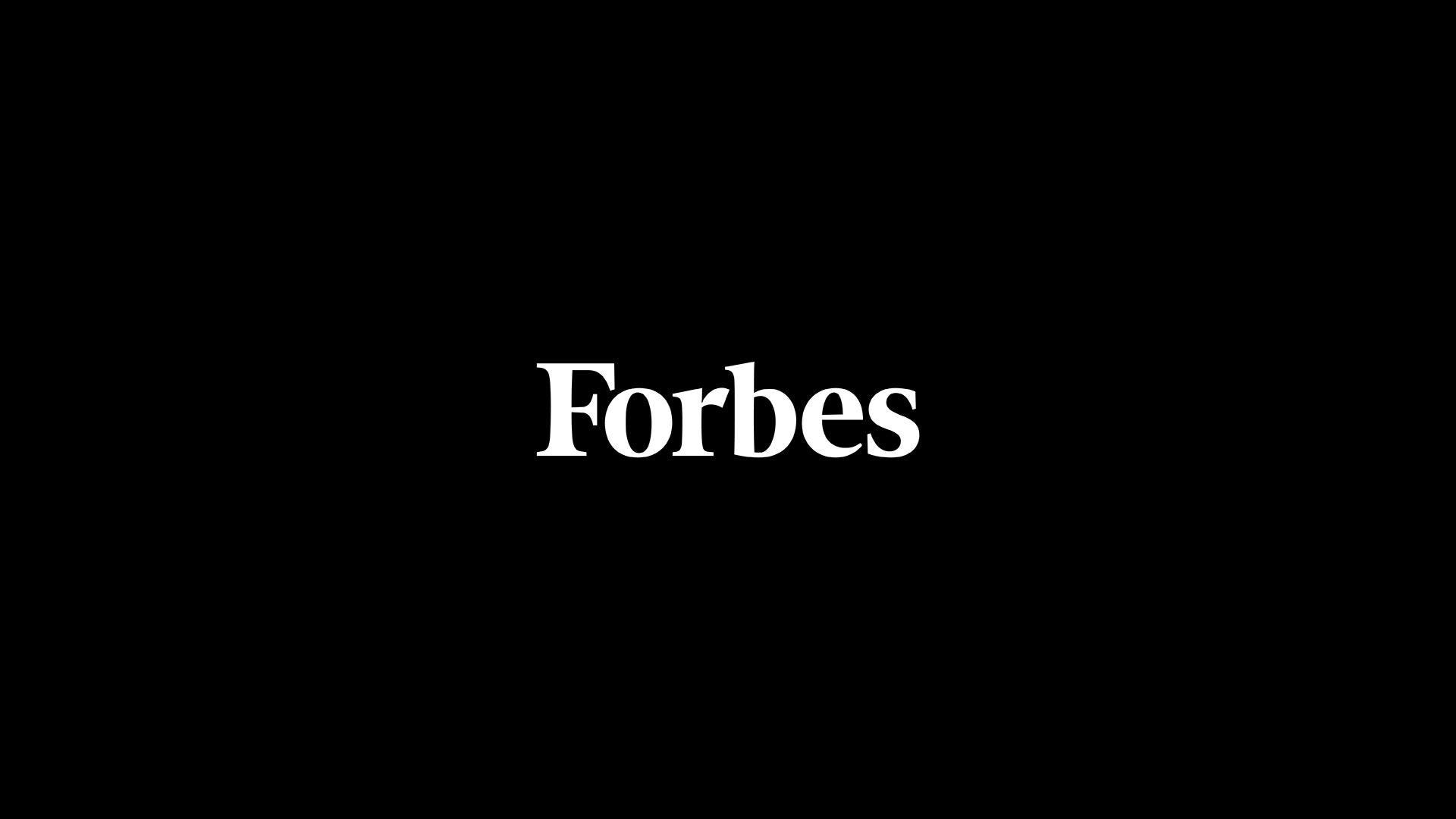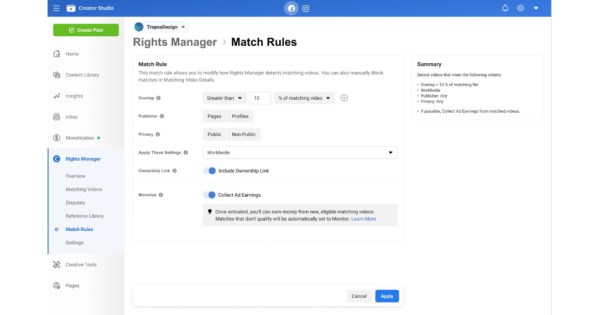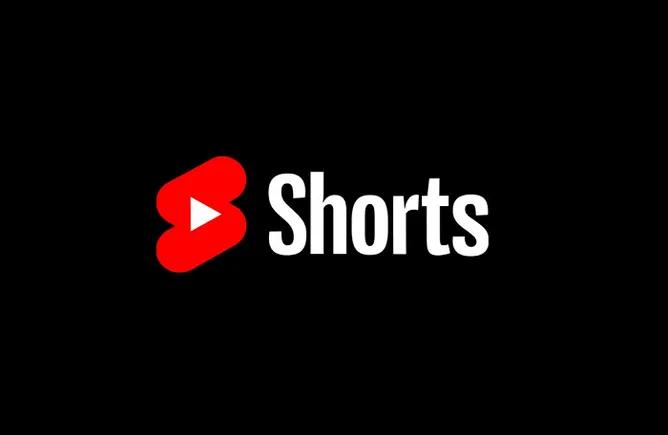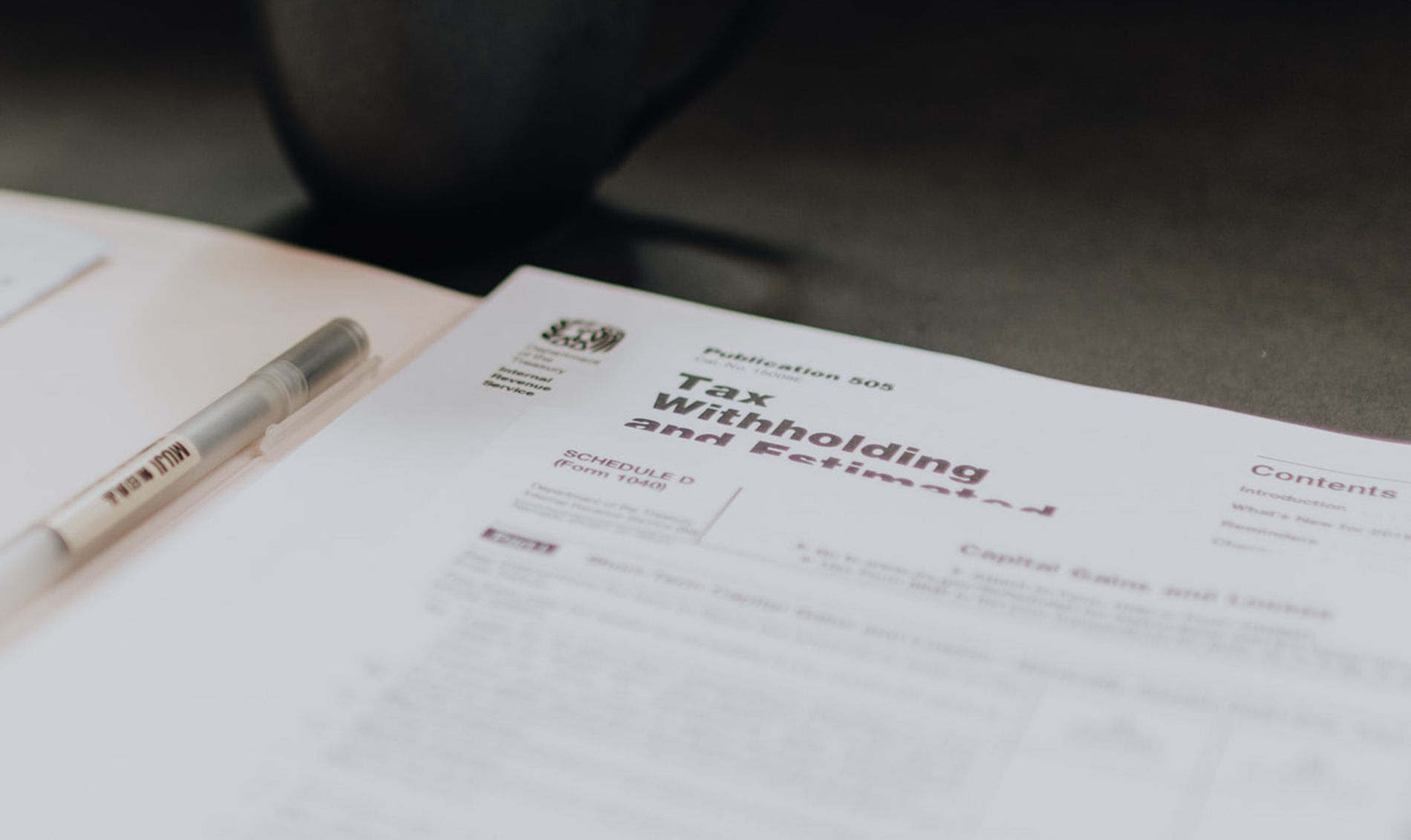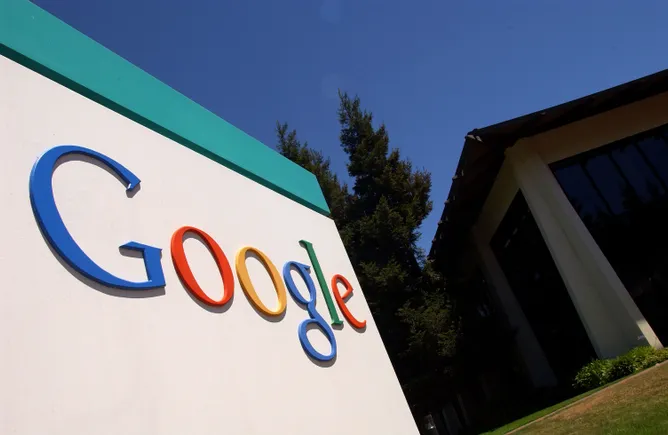For most of us, Instagram is the platform to share our travel adventures, graduation pics, and everyday lives with our friends and followers. But for brands, it’s a marketing medium. Our Digital Marketing Benchmark Report found that Instagram is one of the most used marketing platforms, with over 38% of marketers using it.
That means, as an influencer on the platform, you are at the forefront of a highly profitable industry. But how much do you know to charge for your sponsored posts and collaborations? An Instagram Money Calculator helps in this regard.
It gives you an estimate of how much you can earn through your Instagram posts based on your follower count and average likes. Let’s look at how to use an Instagram Money Calculator to price your services as an influencer.
Instagram Influencer Earnings Calculator
The tools below are not official Instagram tools and are not in any way associated with or endorsed by Instagram. This tool was developed to provide earning potential guidelines to influencers.
Instagram Influencer Earnings Calculator
Fitness
Fashion
Beauty
Travel
Gaming
Other
Followers
100k-500k
Average Likes / Post
60k
Estimated Earnings Per Post
$20,000 – $30,000
Note:
Unlike with YouTube, where you sell space on your videos and channel page for advertising at a rate decided by Google, Instagram does not compensate its users for running ads on their posted photos. Facebook owns Instagram, so it seeds Facebook ads on people’s posts. As such, Instagram influencers and brands don’t have an intermediary or set rates if they choose to work together. Brands themselves make deals with influencers, and rates can vary markedly depending on the circumstances.
However, one thing is consistent in nearly all cases – Influencers get paid more if they have both a high engagement rate and a high number of followers. Brands have learned that you can easily buy followers of no practical value to anybody. Hence, they are far more interested in you having genuine followers – those who truly interact with your posts.
Compared to other social media channels, Instagram accounts have relatively high interaction levels. For instance, the average Facebook or Twitter user has an engagement rate of only 0.5 – 1.0%. The average Instagram account, though, has an engagement rate of 3%. Any engagement rate above that, combined with a high number of followers, suggests that you are an influencer amongst your peers. Our Instagram Earnings Estimator takes these factors into account.
We look at the average engagement rates of your Instagram posts (engagement being likes and comments on your posts). Example: If your engagement rate is less than 8% and you have less than 1000 followers, you can expect to receive less payment from brands than those influencers who exceed the average engagement rates on their posts. Also see the average engagement rates by amount of followers in the above graph.
From a brand’s point of view, the niche makes a difference too. For instance, fashion firms are far more likely to work with high-profile name influencers than firms selling bathroom fittings and businesses set their budgets accordingly.
What Is an Instagram Money Calculator?
An Instagram Money Calculator is a tool that helps influencers estimate their earnings for sponsored posts on the platform. It bases these estimates on your niche, follower count, and average likes per post.
The calculator then shows you how much you can earn per sponsored post. Using this calculator can help you determine your worth as an influencer and set competitive rates for your collaborations. It also facilitates competitor analysis by showing you what other influencers in your niche are charging for sponsored content.
How to Use the Instagram Calculator to Calculate Your Engagement Rate?
Our Instagram Engagement and Money Calculator is pretty easy to use. All you need to know about your account is the number of followers, your niche, and average likes per post. You can find the likes from Instagram analytics of your most recent posts.
Suppose you make content in the gaming niche. You have 20,000 followers and get 500 likes per post on average. Based on these metrics, you have an engagement rate of 2.5% and can earn anywhere from $131 to $197 per post.
Instagram influencer earnings example
It’s important to note that engagement plays an important role in your earning potential. For example, for the same account, if the average likes per post go up to 1,500, the estimated earnings per post also increase to between $155 and $233.
Now, let’s test the calculator on an actual Instagram influencer. We’ll take Jasmin Saario as an example. She has 870k followers on Instagram and gets around 40k likes on average per post. We put these metrics in our Instagram Money Calculator and found that she has an engagement rate of 4.6% and can make around $2,700 to $4,100 per post.
Instagram influencer earnings example
On the other hand, Marques Brownlee is a tech influencer with 4.9 million followers. He gets 107k likes on average per post. Using our Instagram Engagement and Money Calculator, we found that he has an engagement rate of 2.18% and can earn from $10,000 to $15,000 per post.
As you can see, despite having five times the number of followers, Marques Brownlee’s earnings are not five times higher than Jasmin Saario’s because of the lower engagement rate of his content.
Instagram vs. X: Average Engagement Rates by Network
We analyzed over 1,000,000 influencer profiles across some of the top influencer marketing platforms and found that there’s a huge difference between engagement rates on Instagram and X. The former has a higher average engagement rate, understandably due to its visual nature and larger number of users.
It’s also interesting to note that engagement rates are not consistent across all account sizes on both platforms. One thing common between Instagram and X is that as the account size increases, the engagement rate dips.
For example, Instagram accounts with more than 100,000 followers have an average engagement rate of 1.4%, while accounts with less than 1,000 followers have an average engagement rate of 7.2%. The same trend is evident on X, where smaller accounts have an engagement rate of 1.5%, while those with over 100,000 followers get a meager 0.3% engagement rate.
Engagement rates drop with an increase in account size because larger accounts usually have a more diverse audience. So, it becomes difficult to cater to everyone’s preferences. On the contrary, smaller accounts have a hyper-targeted audience, so they can create personalized content to keep their followers engaged.
It’s due to this disparity that smaller influencers, namely micro-influencers and nano-influencers, also get branded deals. They’re a better bet for brands to reach targeted audiences compared to their larger counterparts.
How to Make Money on Instagram?
There are quite a few ways to make money on Instagram, such as sponsored posts, affiliate marketing, consulting services, and merchandise. Let’s discuss some of them in detail.
Sponsored Posts
The most common form of cooperation between brands and Instagram influencers is through sponsored posts. Our calculator above is designed to show estimated earnings from sponsored posts. In this situation, a brand normally reaches out to somebody it considers an influencer and offers to pay them to push out a sponsored image to their followers.
Of course, to be effective, a sponsored post has to sit well with the influencer’s audience and appear like a genuine recommendation from the influencer. The FTC has gotten involved in recent years, and it is now a requirement that sponsored posts are clearly marked as such. If the product fits well with the Instagrammers audience, it should not matter if a post is marked #sponsored or #ad.
The ideal sponsored post shows how the brand’s product fits perfectly into the Instagrammer’s life and how it can just as easily fit into the lives of his or her followers. It is not unheard of for those with more than 100,000 followers to earn $700-$900 per photo. Those with 500,000 followers can command $2,000 to $3,000 per sponsored photo posted.
For example, Monica Villa is a micro-influencer with nearly 28k followers. She got sponsored by City Pass to promote how the pass can save travelers money on their adventures. Based on the results from our calculator, she could have earned anywhere from $150 to $220 for this post. Influencers with a larger following obviously earn much more.
Then, of course, there are the superstars. Kim Kardashian can command up to $850,000 for a post across all of her social media platforms. Of course, her 364 million Instagram followers do put her in a class of her own! A typical post by any of the Kardashian / Jenners clan usually earns at least $200,000. Often, Instagrammers create the content, and the brand then has the right to reuse that content in their marketing and on their website.
Affiliate Marketing
Affiliate marketing simply means earning a commission by promoting someone’s product. Suppose you’re a fitness influencer, and you use a certain brand of protein powder in your smoothie recipes. You could share an affiliate link to that product on your Instagram page and earn a percentage of the sales made through your link. Find high-paying affiliate programs in our guide.
Of course, like all influencer marketing, this will only be effective if the product you are promoting fits nicely with your followers. If it looks like an ad for an unconnected product, your followers will be unimpressed and won’t follow the link. They may even unfollow you in protest.
One technical hurdle with affiliate marketing on Instagram is that you share photos, not links. One way around this is to include the affiliate link (which you should put through a link shortener first) in your photo captions. You can also use an Instagram bio tool like Linktree to create a landing page that includes multiple affiliate links. Look for your favorite tool in our list of best link in bio tools for Instagram.
Take Lonni Smith as an example. She’s a Houston-based lifestyle blogger who shares her Amazon favorites through Instagram feed posts and Reels.
Her Amazon Storefront is linked in her bio, from where people can shop her curated favorites. Since her posts get over 4,500 likes and nearly 2,000 comments, we can assume that her audience is engaged and trusts her recommendations.
Selling Merchandise
Influencers can also make money by selling their own merchandise. For example, if you run a ”bookstagram” account, you can sell bookmarks or mugs with popular book quotes as merch. Fashion influencers can start their own clothing line, and so on.
However, for the merch route to work for you, it’s important for your audience to be either huge or highly engaged. Also, create something that your audience will be interested in. For example, a fashion influencer selling bookmarks won’t really make sense.
The best way to go about this is to just ask your audience. Instagram Stories Polls will help you in this process. After you’ve decided on a product, make sure you market it well, too. Share the manufacturing and distribution updates with your followers so they feel like a part of the process.
Joey Kidney, an Instagram influencer, does this quite well. His merch included hoodies with phrases he uses in his videos.
Source: stayyou.ca
He also calls his followers ”kidney beans,” which is a play on his last name to make them feel like a part of his community. We used our calculator to check his engagement rate and found it to be at 2%, which is quite impressive for an account of his size. So, we can assume that his merch sales are also doing well.
Joey Kidney Instagram engagement
Read also:
Read also:
Check out the Maximize Your Earnings: Best Merch Ideas for Influencers in 2024
Check it out
Offering Services
If you’re good at something and have established yourself as an expert in the niche, you can also offer consulting services to others. You may even create an online course or workshop to further monetize your expertise.
For example, Kayla Itsines is a fitness coach and influencer who has created a Sweat Challenge that people can register for to get exclusive workouts.
She has also started her own podcast, Sweat Daily, which she markets through her Instagram account. Since her followers already deem her trustworthy, they are likely to register for her bootcamp and listen to her podcast. Check out our guide on how to sell online courses for more details.
Selling Paid Subscriptions
Instagram Subscriptions is a recent offering from the platform that allows creators to provide exclusive content to their followers for a subscription fee. If you believe you have something extra to offer to your followers, you can use subscriptions to supplement your earnings. For example, if you’re a food influencer, you may share exclusive recipes or discount codes with your followers.
An example of an influencer with a paid subscription is Joy Ofodu on Instagram. Her subscription costs $5, and her followers get exclusive content and one-on-one interaction with her.
When pricing your subscription, keep two things in mind. One, how much will your audience pay willingly? A younger audience may not be able to afford high subscription costs, while an older and more affluent audience may not mind paying a premium for exclusive content.
Two, how much will Instagram take as a fee? As of now, the platform doesn’t take anything. However, people buy subscriptions as in-app purchases on their devices. Since Apple and Google charge 30% for these purchases, you should price your subscriptions accordingly.
Sponsored Giveaways and Contests
Instagram influencers can also partner with brands to run contests or social media giveaways. The brand gets exposure through your account, while you can charge them a fee for running the campaign.
For example, Alanna Pandey, a beauty influencer and new mom, partnered with Oilo Studio, a glider manufacturer, to give away $1,200 credit to a mother for nursery gliders. The rules of the giveaway included following both her and the brand and tagging friends in the comments. This way, both parties boosted their engagement and gained new followers.
Shoutouts and Promotions
Back when Instagram was new, and there weren’t many features for influencers to use, shoutouts were quite common. A popular account would feature a smaller account or direct their followers towards it.
You can still do that but with brands. A lot of brands, especially in the tech and beauty industries, send products to influencers before they are launched in the market. The influencers then use these products and promote them on their accounts in return for money or a free product.
For example, before Hailey Bieber launched her Rhode blushes in the market, she sent them to influencers, who used them and gave raving reviews on them. Other industries have also started incorporating this tactic into their Instagram marketing strategy.
For example, Salley Rooney’s latest book, Intermezzo, was sent to book influencers months before its release. They talked about the book on their platforms, which helped create interest in the book even before it came out.
If you’re a trusted name in your niche, you’ll be approached by brands to give their new product, initiative, event, or service a shoutout.
Market Your Own Business
Of course, if you are a successful Instagrammer, large enough to be considered an influencer, you can promote your own products. Even the big names, such as Justin Bieber, use their Instagram accounts for this purpose. These are similar to sponsored posts, except this time, the images are of your own products.
These may be images of merchandise you have created especially because of your fame, for instance, a t-shirt promoting your Instagram feed, or they may refer to some business or product you are involved with. For instance, pop star Delta Goodrem used her Instagram account to launch a new fragrance line a few years back.
Which Factors Determine Your Instagram Earning and Engagement Potential?
How much you can earn on Instagram depends on a couple of factors, with engaging being at the top of the list. That’s why Neil Schaffer, a social media guru, says,
“Don’t just aim for followers; aim for engaged followers who believe in your brand and actively participate in the conversation.”
Here’s how engagement and other factors affect your Instagram income.
Follower Count and Engagement
Of course, the more followers you have, the more you can expect to earn. But that’s not enough. Your content should be engaging enough for your audience to interact with it, too. Ann Handley, the digital marketing expert, says,
“Good content isn’t about good storytelling. It’s about telling a true story well.”
The combination of more followers with a high engagement is a goldmine. You can use it to sell pretty much everything from your own merch to brand products. Beth Comstock, the former VC of General Electric, says,
“You can’t sell anything if you can’t tell anything.”
Monetization Strategy
Your monetization strategy also determines your take-home amount through Instagram. If you only use a single monetization channel, you might reach a plateau. That’s why it’s better to have multiple sources of revenue through the platform. For example, you can couple sponsored posts with subscriptions and merch sales.
Danielle Carolan is a good example of an Instagram influencer who has diversified her income sources. She uses sponsored posts, YouTube ads, brand collaborations, affiliate links, and podcast sponsorships, to name a few. That’s why she earns quite well despite having under 300k followers.
Content Niche
Niches like beauty, fitness, fashion, travel, and food may be over-saturated on Instagram. However, they’re still among the most popular niches on the platform. If you’re in any of these niches, it’ll be more challenging to stand out, but once you do, your earnings will be higher than other industries.
Alternatively, you can opt for a less crowded niche and create a name for yourself in it. For example, Adam Savage creates content related to cosplaying, engineering, tech, and fandom.
of 1.1 million. Some of his videos get hundreds of thousands of views. Check out our guide to learn more about niche marketing.
Regardless of the niche, make sure you’re authentic in everything you post. Don’t try to be an expert on something you’re not just because it’s popular. Jasmine Star, a popular podcaster, says,
“Authenticity is the key to success on social media. Be true to yourself, and your audience will appreciate it.”
Audience Demographics
The age, gender, and geographical location of your audience also impact your earnings. For example, you can earn more in the US or UK compared to influencers in developing countries due to differences in currency values and purchasing power.
Similarly, younger audiences don’t always have the same purchasing power as older audiences. The same goes for low-income audiences compared to their high-income counterparts. So, the kind of brands that approach you for collaborations and sponsorships will also depend on the demographics, ultimately affecting how much you earn.
For example, Kelsey Simone is a fashion and beauty influencer with a little over 800k followers. However, she posts luxury and high-end fashion brands, and her audience is also mostly young women with high purchasing power.
That’s why she gets sponsored by top brands like The Hill in New York to watch the Wimbledon finals. Other influencers, even with more followers than her, don’t get such amazing opportunities because their audiences are low-income young women or students.
How Much Money Can You Make on Instagram?
The factors we’ve mentioned above determine the amount of money you can make on Instagram. Besides these factors, influencer tiers also come into account. There are four main influencer tiers:
Nano-influencers: With less than 10k followers
Micro-influencers: With 10k to 100k followers
Macro Influencers: With 100k to 1 million followers
Mega Influencers: With over 1 million followers
Each influencer tier has its own average earnings per post, but these numbers can vary based on niche and engagement rate.
Average Earnings Per Post
100k to 1 million followers
$5,000 to $10,000 per post
A Business Insider article gave quite some insights into Instagram influencer earnings. According to the article, Nate White, a comedy creator with 340k followers, has a base rate of $3,000. On the other hand, Jour’dan Haynes, a nano-influencer, makes about $600 per post. Some influencers reported that they charge $100 per 10,000 followers. However, this isn’t always the case.
For example, an influencer with 275,000 mentioned that they have earned $700,000 in brand sponsorships and deals in just six months. Such high earnings are not limited to macro influencers. Micro-influencers can also earn six figures per year.
How to Grow Your Instagram Account to Maximize Earnings?
Once you’ve created an Instagram account, from there, it’s a continuous process of growing your followers, which in turn increases your earnings. Here are some helpful Instagram growth strategies.
Specialize in a Niche
Don’t be generic in terms of the type of content you post. Find a niche that you’re good at or interested in, then create content for it. You get two-way benefits this way. One, it attracts a relevant audience, and two, it makes you a prime candidate for brands within that niche.
Don’t be discouraged if your niche isn’t too glamorous or popular. No matter what the niche, there are always brands looking for influencers in that area. For example, Meredith Bernard creates content in the farming niche, which is not typically considered glamorous, but she still manages to gain sponsorships from agribusiness brands.
Optimize Your Profile
Create a profile that tells someone visiting your account everything they need to do to decide if they should follow you. Upload a high-quality profile picture and fill in your bio. If you have affiliate links, add them to your bio. You can also use hashtags that represent your niche in your bio, which makes it easier for brands to find you.
Take Delaney Deutsch as an example. She has put ”Sportsperson” in her bio along with her age and her brand sponsor, GymShark. Plus, there’s a Link Tree link in her bio, where all her affiliates and other links are mentioned.
Read this guide on Optimizing Your Instagram Posts.
Post Consistently
After selecting your niche, create a content schedule to post consistently. Our social media content calendar guide can help. Instagram CEO Adam Mosser says,
”One big misconception I see about Instagram is that you lose followers if you post too often. We looked into this recently, and it’s actually not the case. Sharing frequently leads to more follower growth over time, even if you see a dip in the short term.”
A study from Later found that smaller accounts should post twice a week while bigger ones should post 5 times or more. You can experiment with the posting schedule to see what works for your account.
How often to post on Instagram
As for the best time to post on Instagram, we have a detailed guide on it.
Use All Instagram Features
Over the years, Instagram has introduced a ton of features that creators can use to grow their accounts. According to the company’s CEO,
“Instagram doesn’t have a singular algorithm that oversees what people do and don’t see on the app.”
So, you should try each feature and see what works for you.
Feed posts are just the beginning. Also, use Instagram Reels and Stories to engage with your audience. Since Instagram is reported to push Reels to more users, try to make more of them. Use our Instagram Reel templates to speed up the process.
Within Stories, add links to direct your followers to other platforms or external websites. Also, use polls and interactive features like the question sticker to boost engagement.
Engage With Your Community
You should put the “social” in social media by interacting with your audience. Be it comments, DMs, live streams, polls, or any other feature on the app, community engagement is a must.
Alex Toby, a business consultant, recommends,
“Put yourself out there and start engaging with your target market. Like, comment, and follow as much as you can (without getting blocked by IG) in the most authentic way possible. Make real comments, start true conversations, and show your audience that you’re a real person who cares and is present behind the account. You could easily spend upwards of 1 hour a day doing this.”
You can also expand your community by collaborating with other influencers. For example, create co-branded content or do an Instagram takeover for each other’s accounts.
Nathan Chan, an author at Foundr Magazine, says,
“I would research the market I’m looking to serve, then create great looking content and post 3x a day. Then I would find other Instagram pages that serve this target market and get them to share my content as much as possible from either paying or working out reciprocal deals using my own accounts as leverage.”
Use Instagram Analytics
Instagram Insights are your allies when it comes to tracking content performance. Keep data into consideration when deciding what to post, when to post, how often to post, and who your core audience is.
Make it a monthly practice to analyze your top-performing posts and identify patterns that might be the reason behind their success. You can then replicate these practices in other posts. For more in-depth analysis, use external Instagram analytics tools.
Interesting Read: YouTube Money Estimator
Interesting Read: TikTok Influencer Engagement and Earnings Calculator
Wrapping Up
Instagram periodically releases new features to be at par with TikTok and X, including Threads and Reels, so that it can stay ahead of its competitors. Influencers can benefit from these new features by using them to their full potential. It also helps to get inspiration from creators who have already made it big on the platform.
Our guide has covered a ton of best practices and strategies that you can use to grow your account and earn money through the platform. Use our Instagram Money Calculator to estimate your earnings and negotiate brand deals. While you’re at it, keep an eye on new trends so that you’re always ahead of the curve.
Frequently Asked Questions
How much can you make on Instagram?
You can use your Instagram account to make money in various ways. Some of the most common methods include:
Sponsored posts – our calendar above shows your estimated earnings from sponsored posts. A brand will reach out to an influencer, offering to pay them to share a sponsored image
Affiliate marketing – an Instagrammer can promote an affiliate product in their posts
Using your Instagram account to market your business – if you are a successful Instagrammer, you can promote your own products or merchandise
Can you make money with 1000 followers on Instagram?
You can potentially make money if you have 1000 followers on Instagram – particularly if you are a nano-influencer, who typically makes posts on some highly niche topic. The key to making money with relatively small followings on Instagram is engagement. Brands realize that somebody with 1000 highly engaged followers holds more value to them than somebody with 10,000 inactive followers or 100,000 fake followers. You can still operate in a popular niche, such as beauty, but initially focus on one narrow topic.
Who is the highest-paid Instagrammer?
While our Instagram Influencer Earnings Calculator will reasonably estimate your potential Instagram earnings, those making substantial Instagram money are generally already famous offline. Instagram earnings can only be guessed, as Instagram influencers and brands don’t have an intermediary or set rates when working together. Our best guesses of the highest-paid Instagrammers are:
Christiano Ronaldo – potentially up to $2.3 million (Estimated Average Price Per Post)
Kylie Jenner – potentially up to $1.8 million per post
Lionel Messi – potentially up to $1.7 million per post
Selena Gomez – potentially up to $1.7 million per post
How do you get 10K followers on Instagram?
The thing you definitely don’t want to do is buy Instagram followers. There are better, legitimate ways to build a following on Instagram. Begin by establishing a clear voice on Instagram – you want to become known as someone who shares valuable content about a specific niche. Be consistent with your posts – you are trying to build an interested audience. Be active and engage with potential followers’ content. But don’t come across as spammy. Don’t brag too much with your posts – be real and honest.
Should I buy Instagram followers?
Never buy Instagram followers. Doing so will quickly ruin all credibility for your account. For a start, most of your newly bought followers will be bots or inactive accounts. At best, they will be accounts belonging to people in a low-wage country who will have accepted payment in return for following you. They probably don’t even speak English and have no interest in your content. These followers distort your metrics and make your account stand out as suspicious.
What’s the average engagement rate on Instagram?
You will find a table in this post that shows the average engagement rates on both Instagram and Twitter. There is a clear trend – the fewer followers you have, the higher their level of engagement. For example, Instagram accounts with fewer than 1,000 followers average 8% engagement. This drops down to 5.7% when you look at accounts with <5,000 followers. Engagement continues to drop as follower numbers rise: 4% for <10,000 followers, 2.4% for <100,000 followers, and 1.7% for 100,000+ followers.
About the Author
Writer
The Influencer Marketing Hub Team brings together a diverse group of experts with a passion for influencer marketing, digital trends, and social media strategies. Each piece of content crafted by this team is researched and written to provide valuable insights, tips, and updates for our readers. Our authors are dedicated to delivering high-quality, informative, and engaging articles that help businesses and influencers thrive in this rapidly changing digital world.

